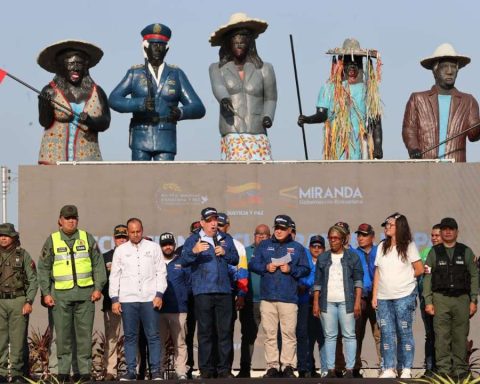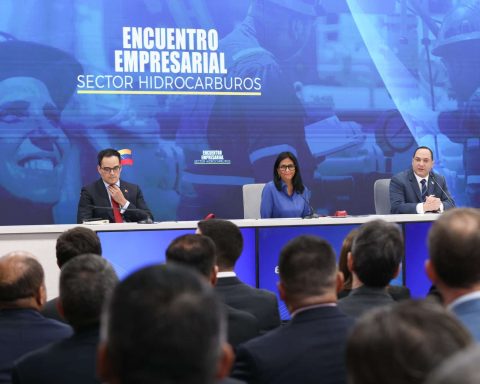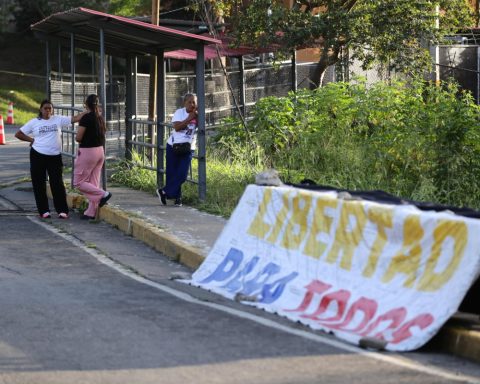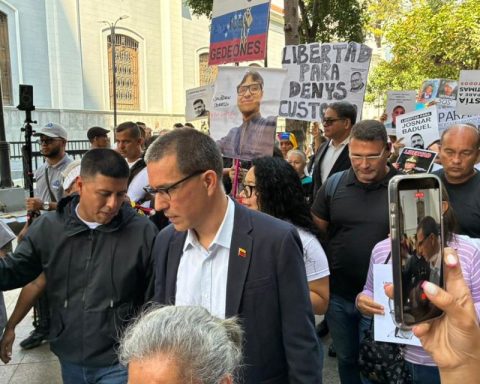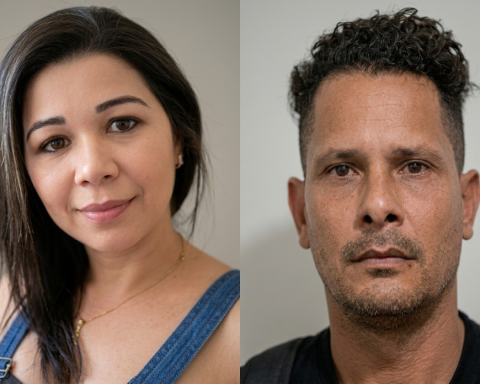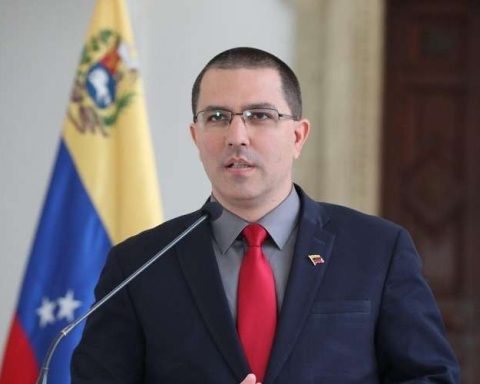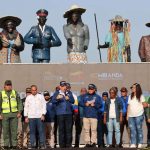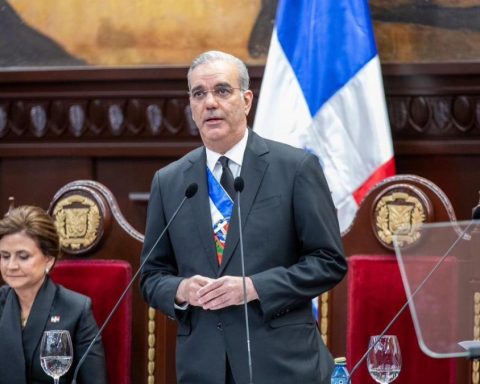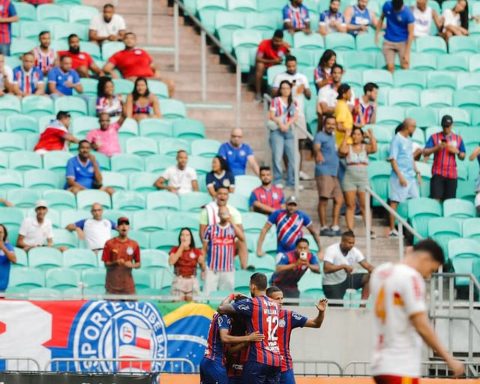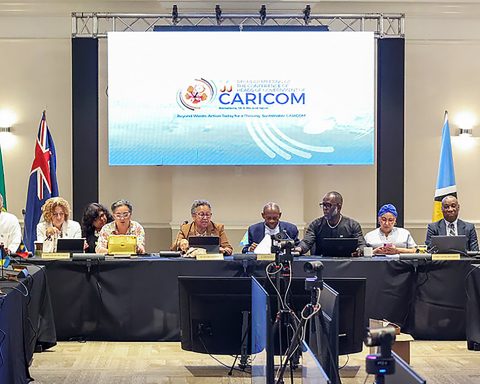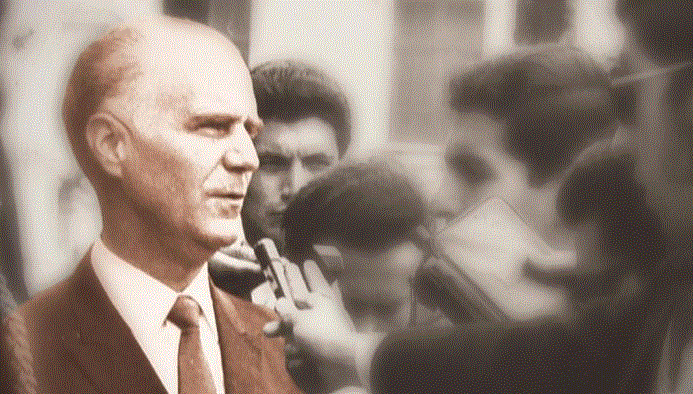
It was the year 1964 when in September I began my law studies at the UCV. One of our professors would leave an indelible mark on our cohort, Professor Arístides Calvani, who taught Introduction to Law. He was an apparently serious and rigorous teacher in whom a warm heart was discovered shortly after dealing with him. He was a moralist, who insisted above all on the principles and values that Law should serve, inspired by a Christian jusnaturalist conception. Many of his students from that year at least came from Catholic schools, in my case from Colegio La Salle, already fundamentally sensitized by the Social Doctrine of the Church, so approaching Professor Calvani was a pleasant and stimulating experience. to delve into our various vocations, be they social, be they more specifically political. For this reason, it was most natural for us to join as students, either in systematic courses or in study circles, the Christian Democratic Training Institute, Ifedec, which had been founded just two years earlier and whose first president was precisely Dr. Calvani.
The Ifedec operated in a sober old country house surrounded by greenery called Campoamor, in the Los Chorros urbanization in the east of the city. Both national courses and international courses were held there, since not only promotions of youth cadres from the various latitudes of the country attended, but also from other countries in the Latin American environment, cadres of the brother social-Christian parties, a rich experience for personal knowledge and discussion of the ideas with which we felt identified. The Social Christian Copei party was the first party in our land to make the political training of its members, and especially of its youth, a priority activity, becoming Ifedec, under the leadership of a man of prestige and moral integrity, Dr. Calvani , in an unparalleled reference in Venezuela, and a model for other experiences that were tried in other countries of the region. Through their doctrinal and ideological approaches, the Social Christians identify their specificity, as stated by the founding leader of Copei, Rafael Caldera, in a bedside book for all Venezuelan Social Christians, The specificity of Christian democracy (1972), which forces the party, as I pointed out before, to make training a permanent and priority task.
The path undertaken by Calvani and his collaborators at Ifedec was not easy, since it was about pedagogically systematizing the principles and values, and turning them into a sure guide for political action. It is the arduous transit that Roger Vekemans identified on three levels: doctrine, ideology and politics. The sixties was a complex time both from the political and ideological point of view, which inevitably affected Christian-inspired thought, which manifested itself in positions that ranged from conservatism to revolutionary positions. Suffice it to mention that in those years, which I do not hesitate to describe as “ideological years”, there was a profound movement of renewal in the Catholic Church, thanks to the celebration of the Second Vatican Council, in addition to the publication of three great social encyclicals, Mater et magistra Y Pacem in Terris of Pope John XXIII, and populorum progressio of Pope Paul VI, a spirit of renewal that in Latin America is expressed in the episcopal conferences of Medellin and Puebla, with a vision more committed to the people on behalf of the Church. The challenges were not easy: on the one hand liberation theology, on the other the so-called dialogue with the Marxists, and a youth rebellion that had its most challenging expression in the student movement of the French May 1968.
Within a troubled and difficult world such as that of the Cold War, Calvani and his collaborators managed to establish some educational bases from which the young people of that time felt privileged. The newly established Venezuelan democracy managed to stabilize little by little. The contribution of the Christian Socialists in the meaning of the political formation, in short, a profoundly democratic formation based on the eminent appreciation of the dignity of the human person, the foundation of our sacred rights, has in Arístides Calvani and in the Ifedec a bastion of pride and unforgettable memory.

